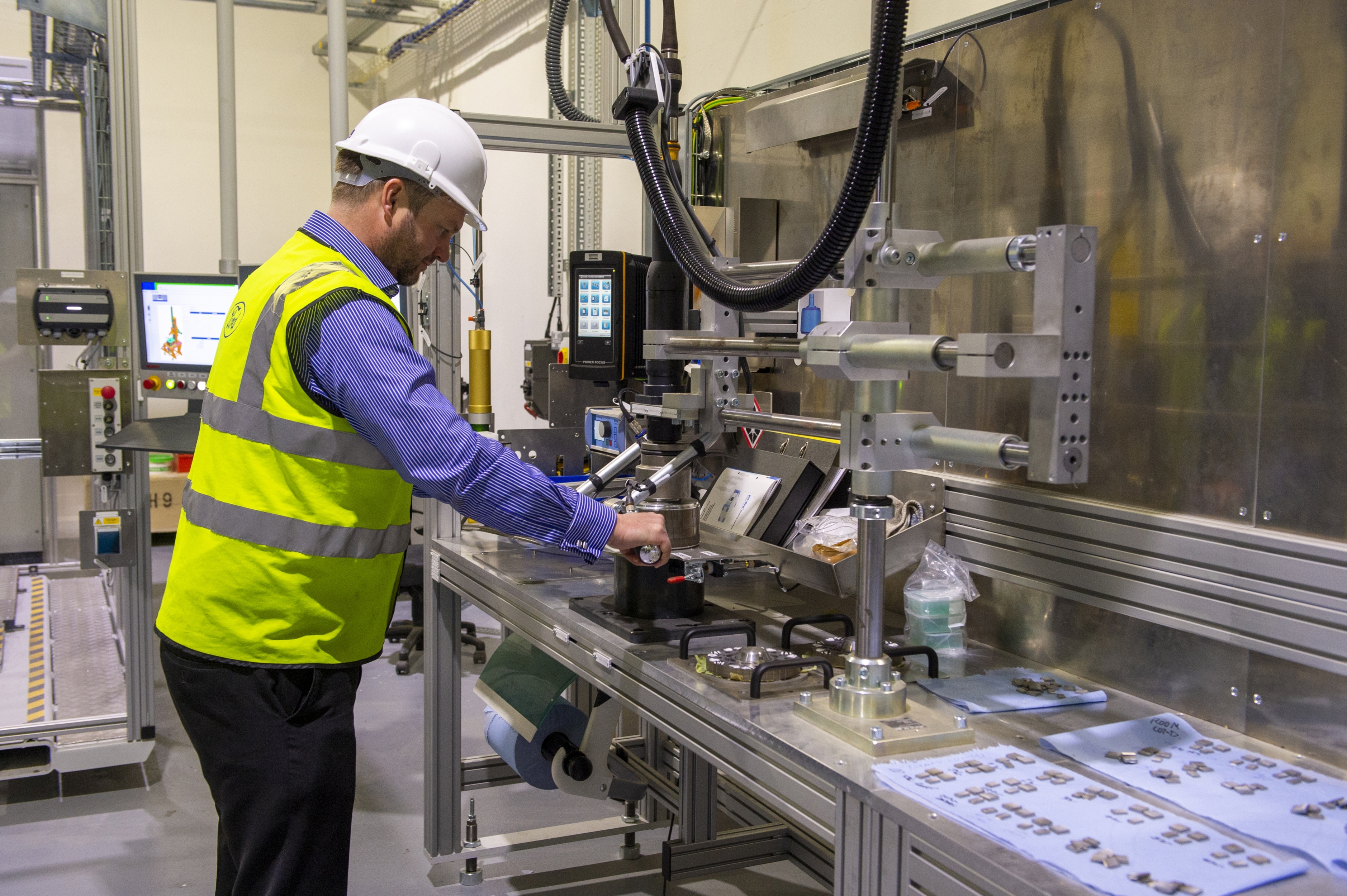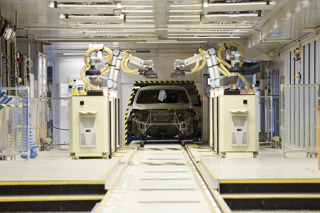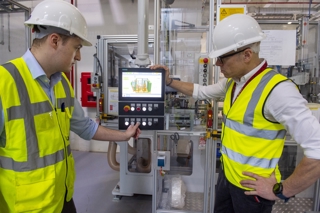Ford is cutting one-in-five jobs in the UK over the next three years as part of a major restructuring programme across Europe.
The majority of the 1,300 job losses in the UK will be felt at Ford’s research site at Dunton in Essex, with 1,000 roles in product development being cut.
Some 300 back-office posts will also be lost in the UK, but it is understood production sites at Halewood, Dagenham and Daventry will not be affected. Some 3,800 jobs are being lost overall in Europe.
Tim Slatter, chairman of Ford of Britain, said that Europe was facing a “pretty difficult economic situation”, with an uncertain outlook.
“High inflation, higher interest rates, the ongoing war in Ukraine, cost of energy and so on,” he added.
However, he told the BBC that was not the only factor. The manufacturer is shrinking its portfolio as it switches to an all-electric car line-up by 2030 and, as a result, believes it will require fewer product development staff.
A total of 2,800 engineering jobs are to be cut across Europe, most of them in the UK and Germany.
Martin Sander, European head of Ford's electric vehicles division, said that these were “difficult decisions, not taken lightly”.
"Paving the way to a sustainably profitable future for Ford in Europe requires broad-based actions and changes in the way we develop, build, and sell Ford vehicles," he added.
"This will impact the organisational structure, talent, and skills we will need in the future."
He continued: "We recognise the uncertainty it creates for our team, and I assure them we will be offering them our full support in the months ahead.”
The job losses come just two months after Ford announced that Halewood’s transition to an electric vehicle (EV) component plant was benefitting from a further £150 million funding, raising its total investment in the factory to £380m.

Ford said £125m will be spent on increasing new power unit capacity at the plant by 70%, while £24m will support its E:Prime product development centre.
At the time, Kieran Cahill, Ford’s European industrial operations vice-president, said the company’s vision in Europe was to build a “thriving business”, by extending leadership in commercial vehicles and through the electrification of its car range.
“Halewood is playing a critical part as our first in-house investment in EV component manufacturing in Europe,” she added.
The plant currently produces transmissions for internal combustion engine vehicles and, last year, was awarded the assembly of Ford electric vehicles’ power units with an initial backing of £230m to deliver 250,000 units a year from 2024.
Ford’s E:Prime centre, at Ford’s Dunton product development HQ, is building prototypes of the electric power unit and training Halewood employees in its machining and assembly, assisted by the Advanced Propulsion Centre.
Sander said: "We are committed to our customers in Europe. Ford is focused on delivering an exceptional customer ownership experience, with outstanding digital services and connectivity, ensuring their daily mobility needs are exceeded."
In 2019, Ford announced the closure of its Brigend plant, with 12,000 jobs cut across Europe, in an attempt to improve profitability.






















Login to comment
Comments
No comments have been made yet.